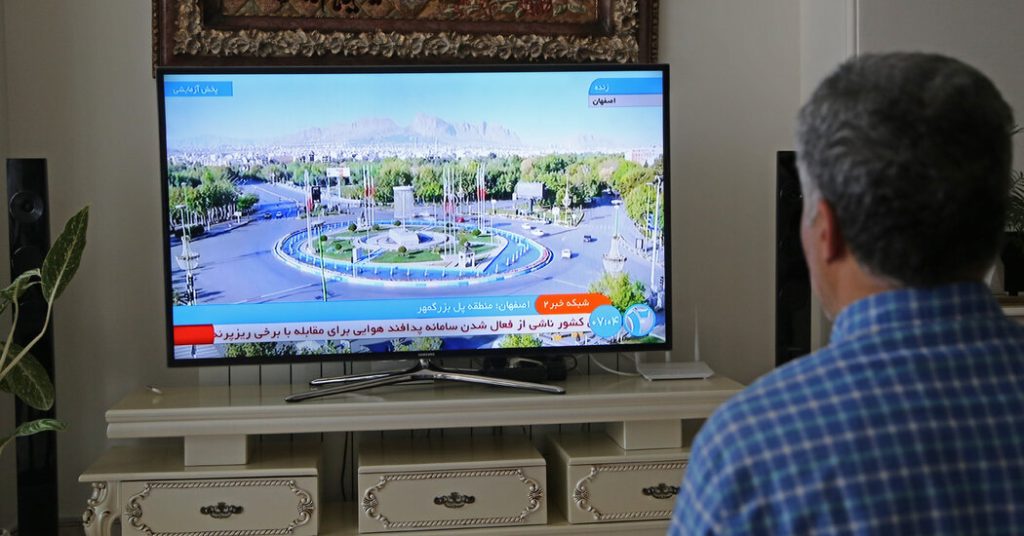The Israeli strike on a military base near Isfahan was confirmed by both Israeli and Iranian officials, but received a mostly muted response from world leaders. Israeli officials described the strike as a limited and calculated response to avoid escalating tensions. Despite this, pundits on morning news shows in Israel stated that the strike did not cause significant military damage. Dana Weiss, a diplomatic affairs analyst for Israel’s Channel 12, explained that Israel can conduct elegant military maneuvers that effectively deliver the message they want to send.
In Iran, state television reassured the public that military and nuclear facilities in Isfahan were safe and portrayed the city as calm. Iranian newsreaders described the attack as “not a big deal,” downplaying its significance. Some social media users in Iran, including those connected to the military, mocked the Israeli strike as a feeble retaliation compared to the roughly 300 missiles and drones Iran launched at Israel the previous weekend. A video circulated online showing a girl throwing a paper airplane at a building to illustrate the Israeli strike, generating laughter and ridicule.
While Iranian officials confirmed that a strike had occurred near Isfahan, Brig. General Siavash Mihandoust attributed any explosions heard to air defense systems shooting down flying objects, rather than Israeli strikes. Despite the conflicting reports, some in Israel, particularly from right-wing political parties, celebrated the strikes. Tally Gotliv, a lawmaker from the Likud party, expressed pride and strength in Israel as a country. The differing reactions in both countries highlight the complex geopolitical tensions at play in the region.
The Israeli strike on the military base near Isfahan was not the first incident of retaliatory attacks between Israel and Iran, raising alarm among world leaders. However, the measured response from both sides seemed to indicate a desire to avoid further escalation. Israeli officials emphasized that their strike was intended to send a message without causing extensive damage. The back-and-forth attacks between the two countries have become a dangerous cycle, with concerns about the potential for a larger conflict to erupt.
The Israeli strike was seen as a demonstration of Israel’s ability to conduct precise and strategic military operations, as described by analysts and officials. Despite the minimal damage reported in Isfahan, the strike served its intended purpose in conveying a message to Iran. On the other hand, Iran’s dismissive response to the attack, as portrayed in state media and social media reactions, reflected a desire to downplay the incident and maintain a sense of calm. The conflicting narratives from both sides further highlighted the complex nature of the ongoing conflict in the region.
The differing perspectives on the Israeli strike underscore the division between Israel and Iran and the challenges in finding a resolution to their ongoing conflict. While some in Israel celebrated the strike as a show of strength, others expressed concerns about the potential consequences of escalating tensions. Similarly, in Iran, the attempts to downplay the attack and ridicule the Israeli response revealed a desire to maintain a sense of control and authority. The cycle of retaliation between the two countries continues to pose a threat to regional stability and efforts towards peace and de-escalation are crucial to prevent further conflict.


